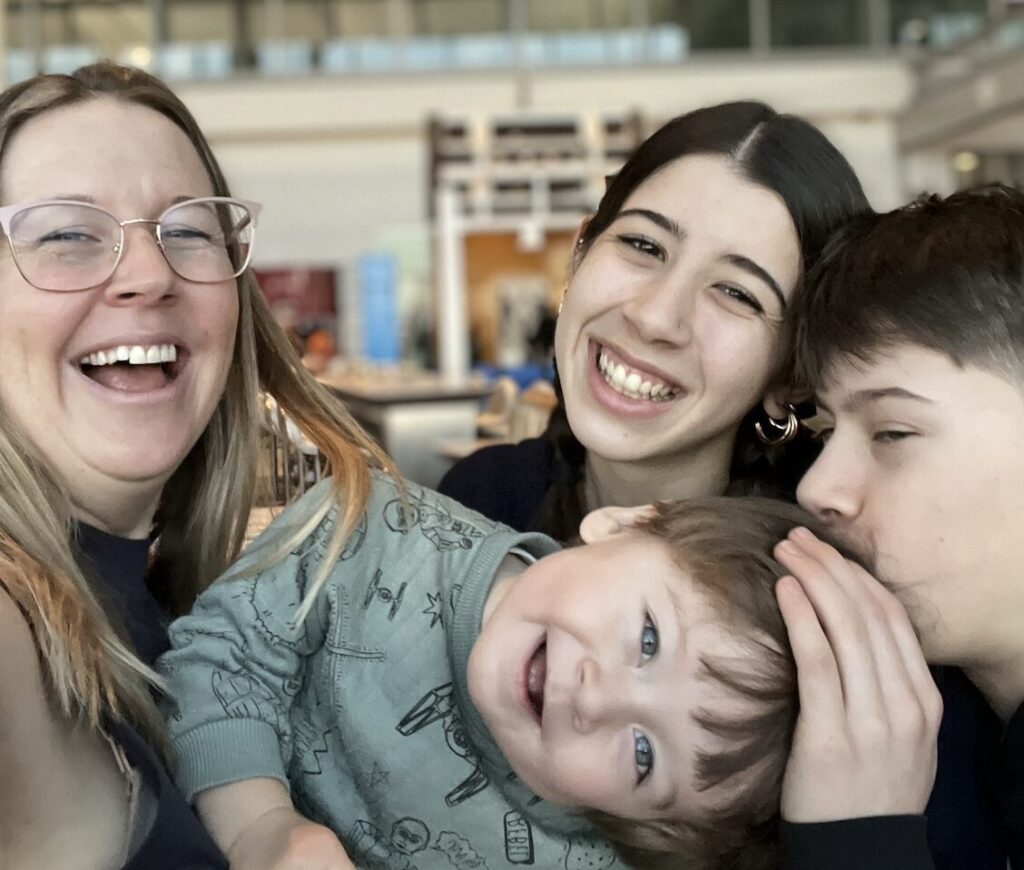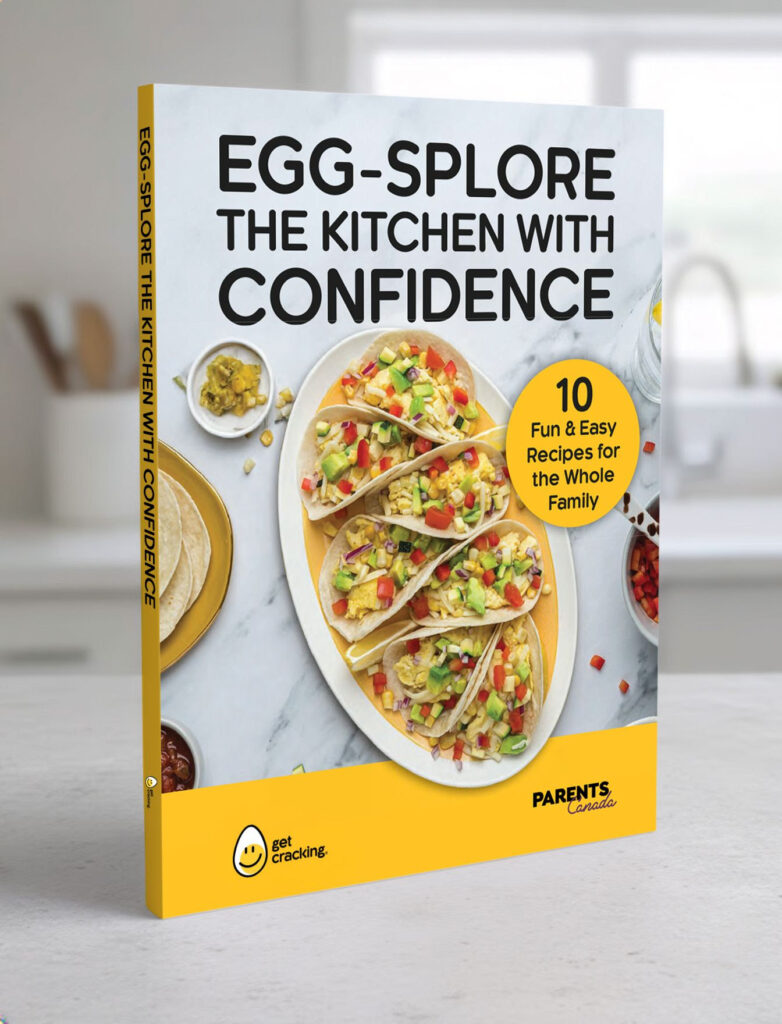
When my three girls were young, I wore out the bottom of my stroller from the weight of the numerous library books we would sign out in order to feed their hungry minds.
Nurturing the imagination is what libraries do best. The library is a welcoming space for everyone, and an ideal place for children especially to explore and discover new ideas, not only through books, but also other resources and programming.
Isabelle De Faria is a frequent patron of the library in her town of Ancaster, Ont. “The puppet theatre is a favourite for my two-year old,” Isabelle says. “She likes to put on little plays.” Isabelle’s five-year-old enjoys the many interactive computer games the library offers.
“I like that the library is geared towards children. I don’t have to worry about keeping them quiet.”
It’s a place to socialize for both mom and children: “They see their friends there on rainy or cold days,” Isabelle says. Her kids also get introduced to other children at activities such as the singing together circle. At work, when Isabelle is on her lunch break, she’ll often stop at the library and pick something up. “They get excited when I bring something back.”
“The library is a friendly place where needs are met but not in a high-pressure way,” says Naomi Brun, Manager of Youth Services and Central Children’s at the Hamilton Public Library (HPL), in Hamilton, On. She is thinking in particular of the hundreds of pre-schoolers that come through the doors of this large, downtown location on a yearly basis.
It is open year round, with free access to the collection (all you need is a borrowing card). Libraries are firm believers in early literacy. Story time programs are important for building vocabulary and developing prewriting skills, singing and learning rhymes and making connections. Toys and puzzles are helpful for developing fine and gross motor skills.
“The library encourages inquiry-based learning,” Naomi says, “and children learn naturally through play.”
Programs offer matching and sorting activities, and the use of open-ended materials that young children can build and create with. All these opportunities are useful for when they are making the transition into more formal settings like kindergarten, “since familiarizing themselves with these sorts of new activities makes things a little less scary in September.”
Very young children learn listening skills at story time, and sharing skills around the toy section, by interacting with other play partners.
“The library prepares kids emotionally to be away from their primary caregivers for longer stretches of the day,” Naomi says.
Easy as A-B-C
Getting the most out of a library means exploring and taking advantage of knowledgeable staff.
Library staff is a readily available resource for caregivers and parents seeking additional supports, such as new Canadians with language barriers, or families with differently-abled children. More than just a check-out stand for paperbacks, library staff are “great at promoting not only what is popular, but also what is relevant to the concerns and interests of families,” Naomi Brun says. “The library strives to offer materials that reflect diverse backgrounds.”
For example, the Hamilton Public Library makes lists available online with recommendations such as the 100 books to read to kids before kindergarten, and books written by Canadian authors.
As a great equalizer, the public library provides access to tools like iPads, that kids can make use of without formal training – that is, playing with the apps and using interactive ebooks.
“Libraries across Canada are great places to go for fun, meeting people and developing new skills,” Naomi concludes. “That’s freedom to discover.”
Have older kids?
Libraries frequently offer programs such as homework help, summer reading clubs, and volunteer opportunities for teens. There are also programs that encourage coding, developing writing skills, and scientific inquiry.
Originally published in ParentsCanada magazine, Aug/Sep 2016.











